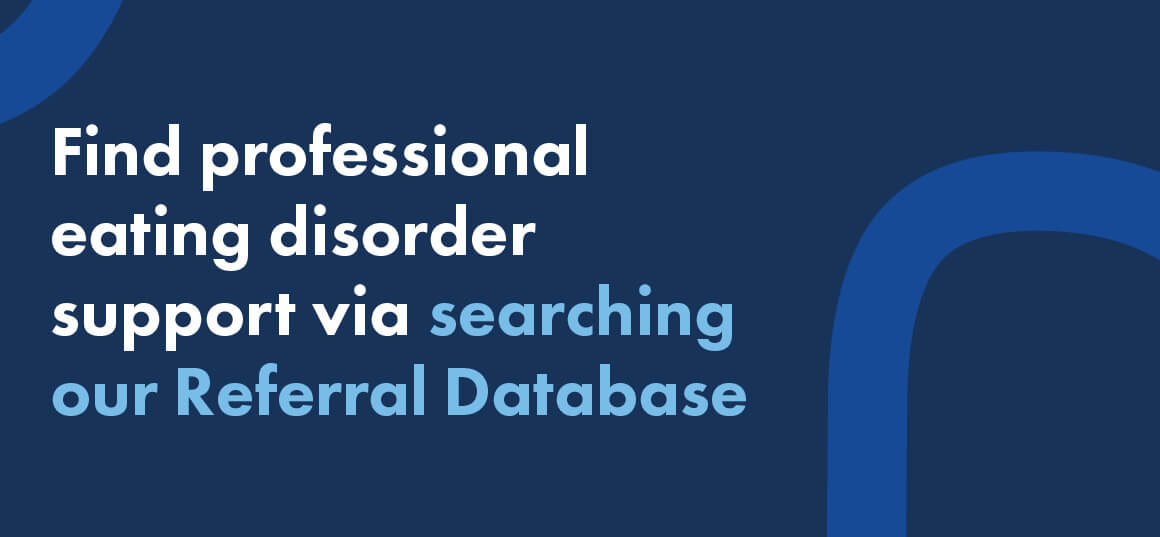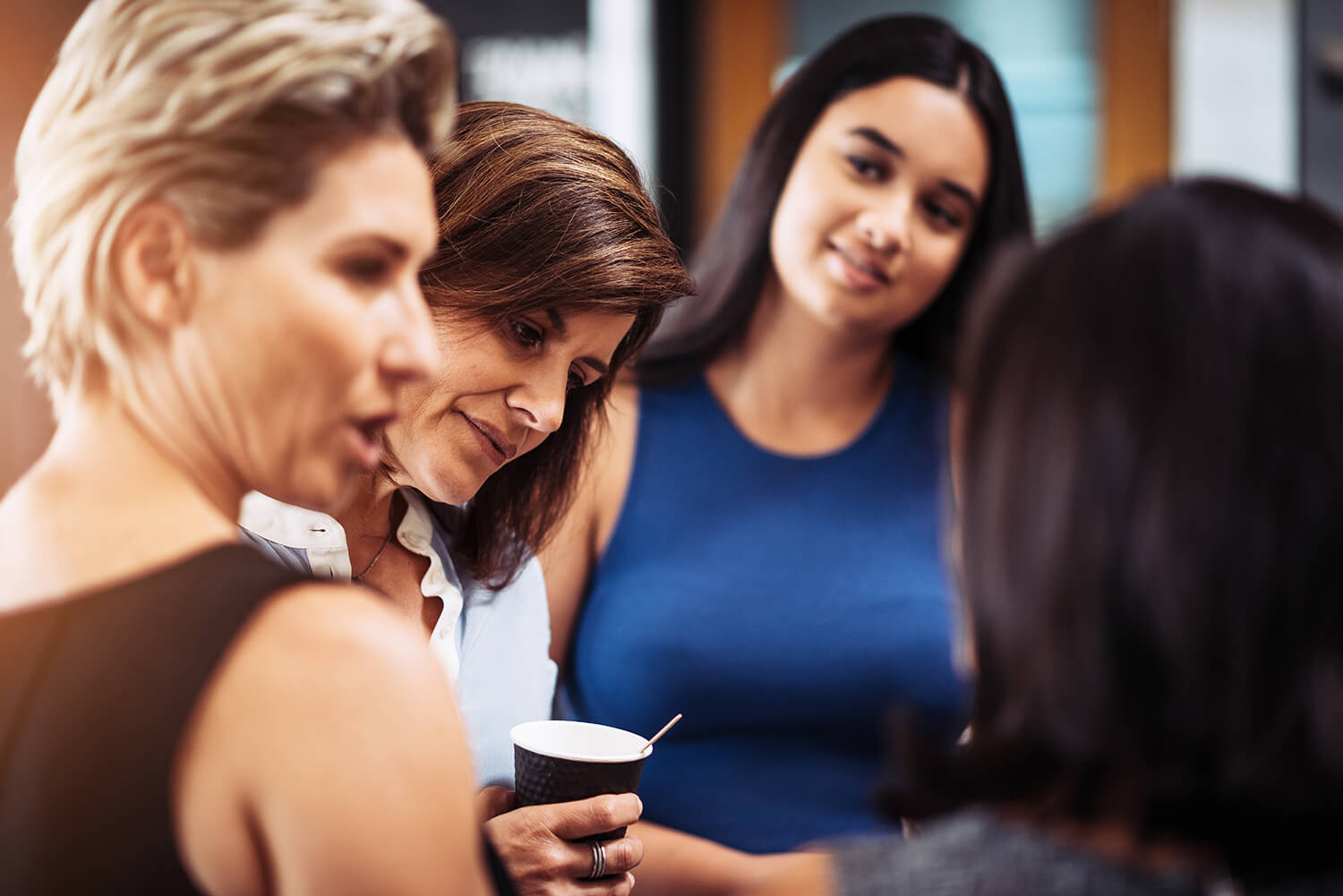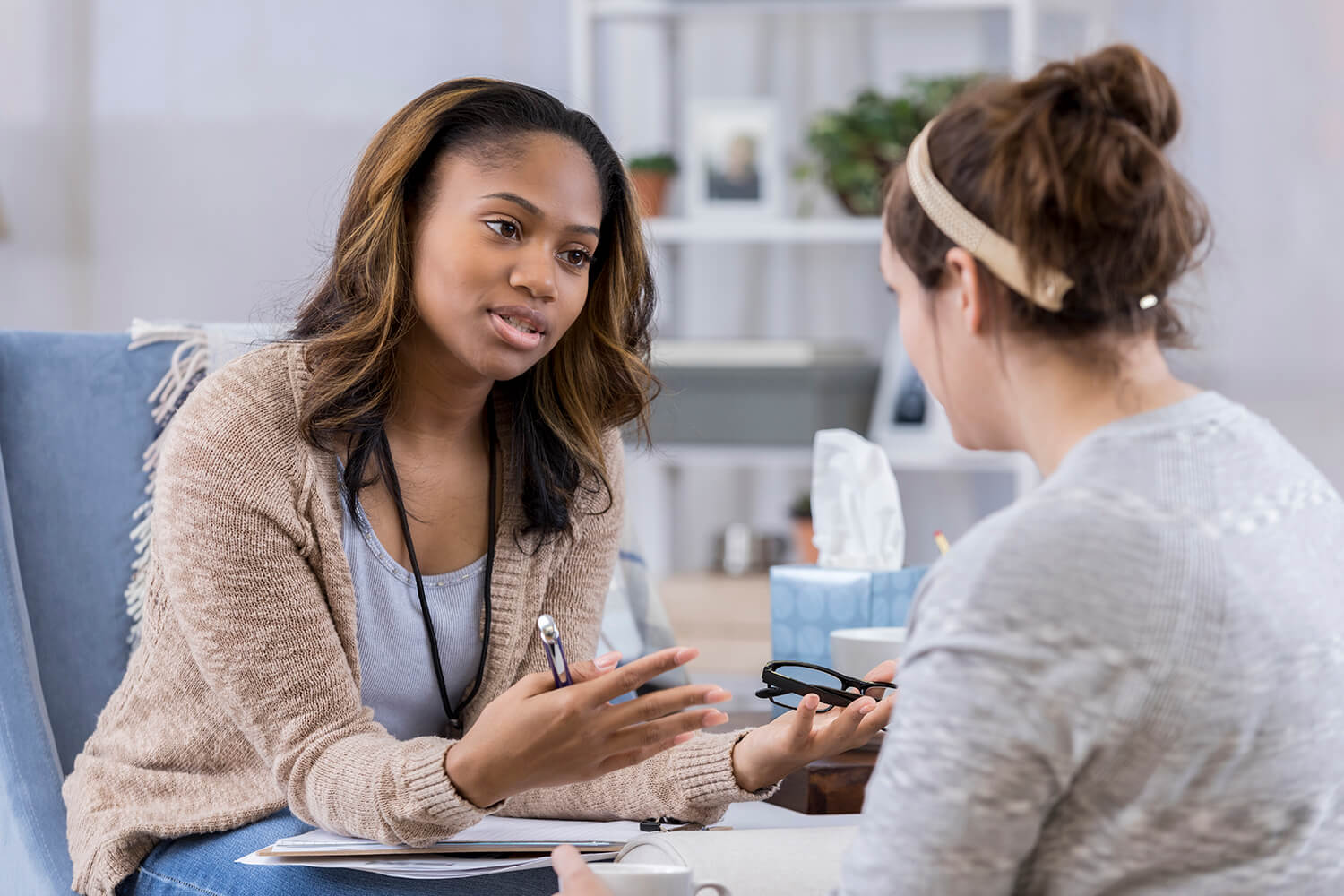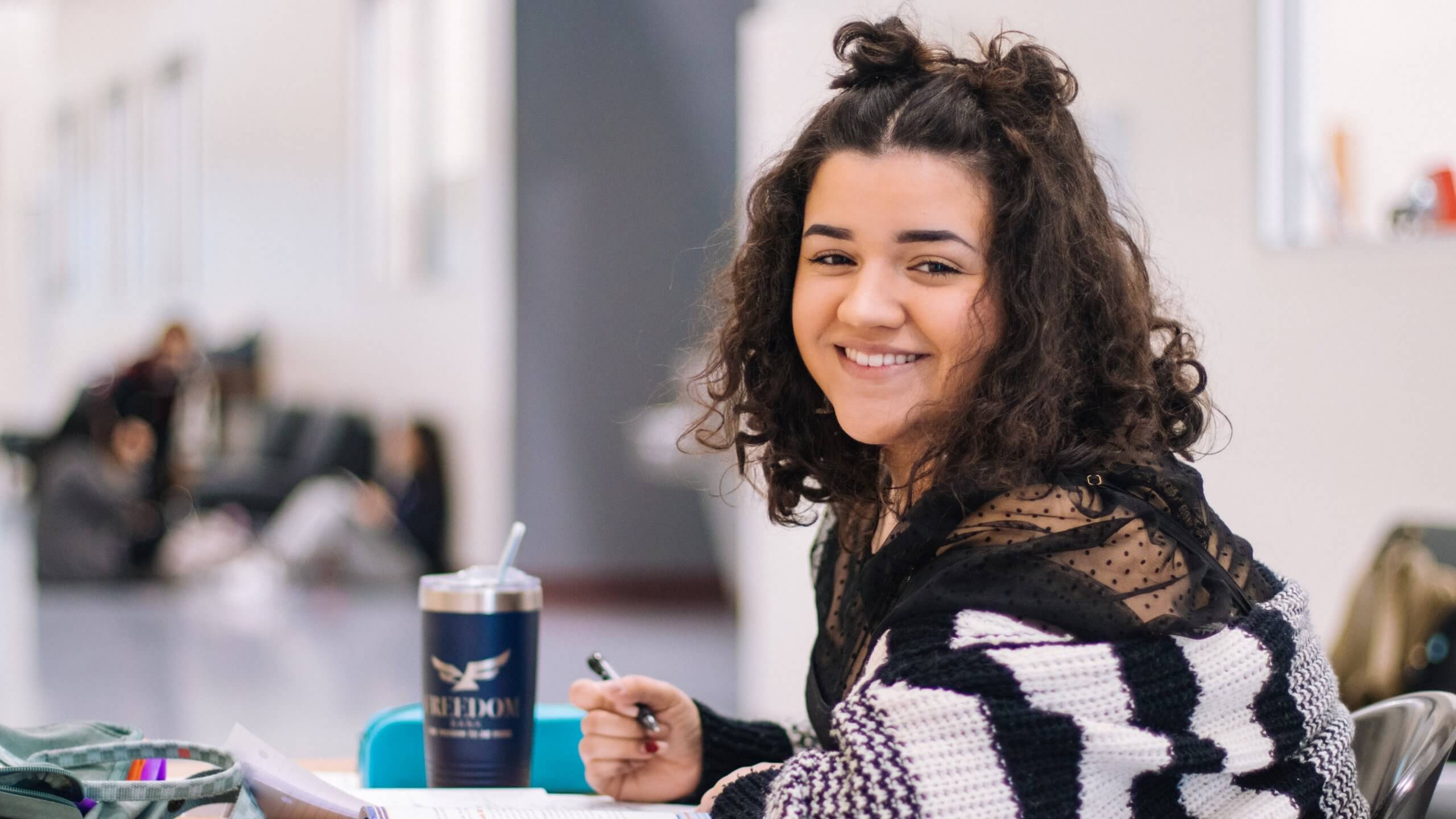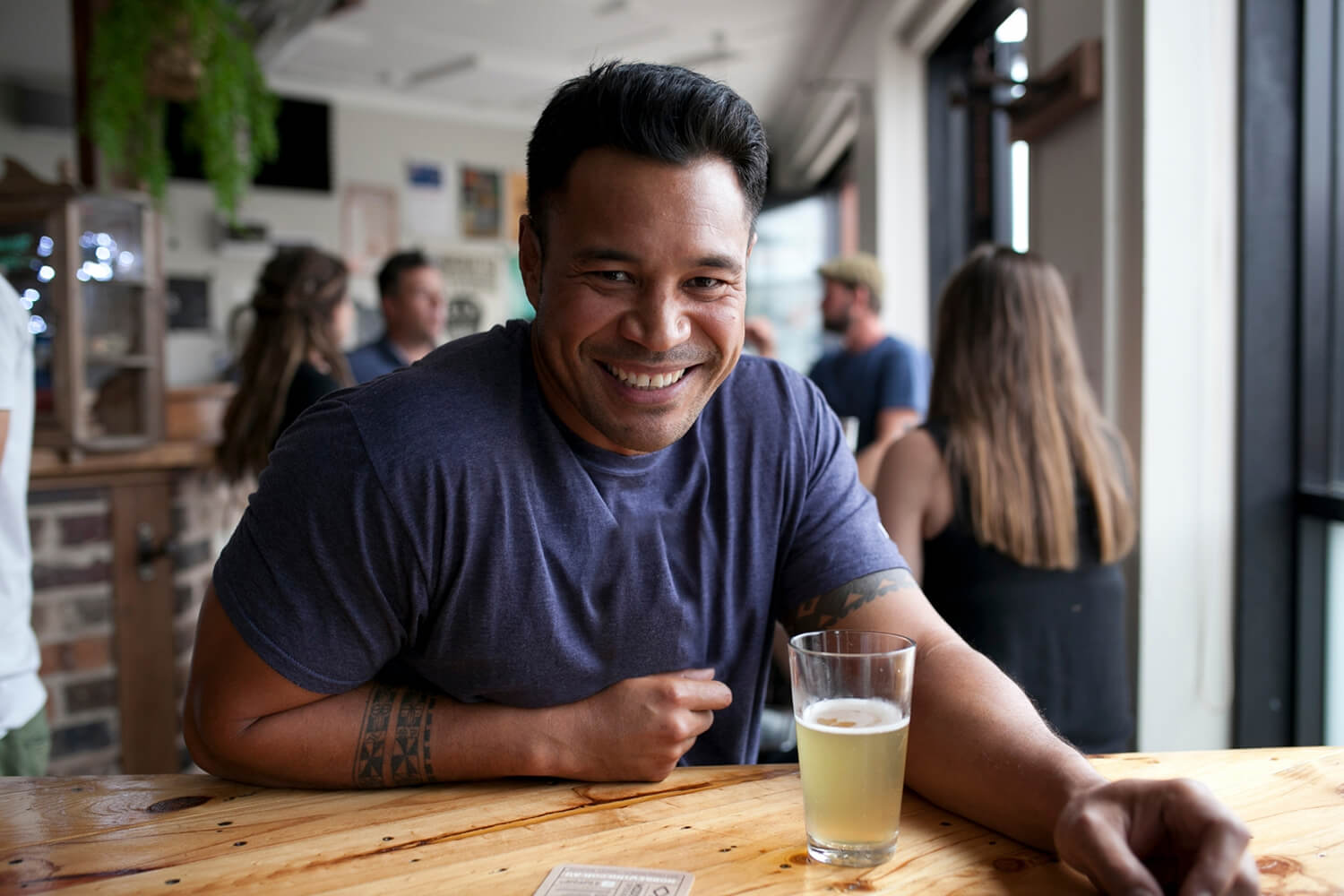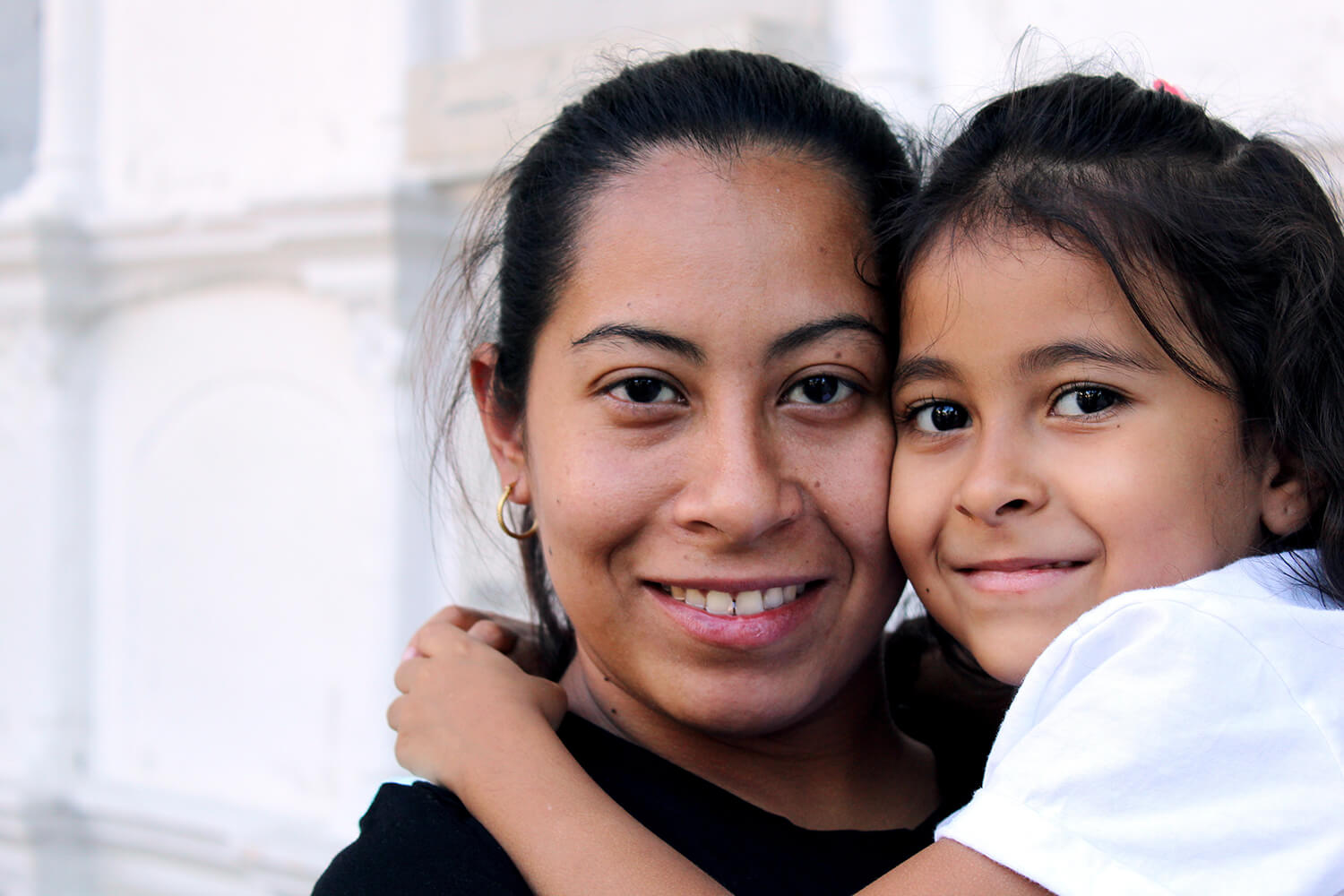Modelling healthy body image
Role modelling positive body image
One of the most empowering ways to support the development of positive body image, particularly in young people, is to show what a healthy body image looks like. Role modelling healthy and balanced attitudes and behaviours around body image, balanced eating and exercise positively impacts everyone.
Being a positive role model doesn’t mean you have a perfect relationship with your body; and it doesn’t mean you have to look or act perfectly. Instead, it encourages people to do what they can to improve body kindness and body inclusivity in the world.
Everyone—friends, parents, educators, colleagues and health professionals—can actively challenge unhelpful standards, dialogue, stigma, language and messaging that surrounds body and appearance. Together we have the power to model health body image for everyone.
Ways to encourage acceptance of body diversity
- Celebrate, embrace and accept all body shapes and sizes.
- Follow and support a broad representation of individuals, pages and businesses that are inclusive of people from all age groups, cultures, genders and body shapes.
- Actively challenge businesses that use advertisements to reinforce weight stigma and unhelpful appearance, beauty, health and fitness stereotypes. Be an advocate for them to do better by not following or buying from them.
- Educate yourself about diet culture.
- Be mindful of, and reduce toxic and unhelpful diet, body and appearance talk. It’s not helpful and doesn’t improve body confidence. If people around you are engaging in this type of talk, do your best to distract or divert the conversation. Find other interesting things to discuss.
- Avoid judging a person’s health, or eating and exercise behaviours, based on their weight, shape or appearance. A healthy body can present in a range of shapes or sizes.
- Avoid using language that increases feelings of guilt or shame around eating or weight, such as “bad”, “junk”, or “toxic”.
- Adopt a zero tolerance for weight and appearance teasing, shaming and bullying — to yourself and others, face to face or online.
What we do, not just what we say, sends a powerful message
Ways you can help to encourage balanced eating and exercise attitudes and behaviours
- Move your body in ways that you enjoy for health benefits rather than to change your weight or body shape.
- For mental and physical health gains, find positive and joyful ways to move your body at every stage of life — this will change over time.
- Wellbeing over weight! Focus on behavioural changes rather than weight or shape.
- Practice balance over compensation. Food choices do not need to be earned or worked off.
- Use morally neutral language when describing and talking about food and bodies.
- Avoid engaging in restrictive or fad diets.
- Avoid rigid and extreme exercise or training routines.
- Focus on appreciating your body for what it can do and how it functions instead of how it looks.
- Avoid using weight or body shape to motivate someone into moving or to control their eating.
- Nourish your body with a variety of foods that help you feel good and able to perform in life.
- Avoid using food to manage emotions, or to reward or punish achievements or behaviours.
- Separate eating from other activities. Sit down, slow down and eat mindfully.
- Listen to your body and let your body guide you when eating and exercising. Respond to your body cues around feeling hungry, not hungry or full, or when it needs to move, stretch, relax or rest.
Be kind, to yourself and others
Showing people that you are taking time to care for yourself is important for others to see in action. Practice self-care activities that work for you and encourage people in your life to practice loving self-care too.
Self-care doesn’t need to be expensive, time-consuming or ‘trendy’ and there are a range of self-care activities you can choose from.
Let’s talk
Whether you need support for yourself or someone you care about, call our free and confidential Helpline on 1800 ED HOPE (1800 33 4673), chat online or email.









